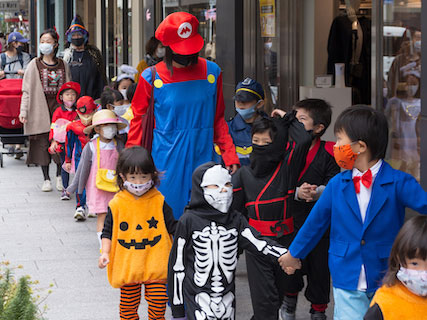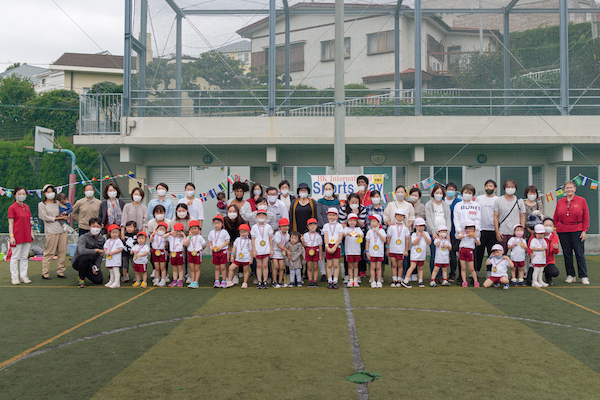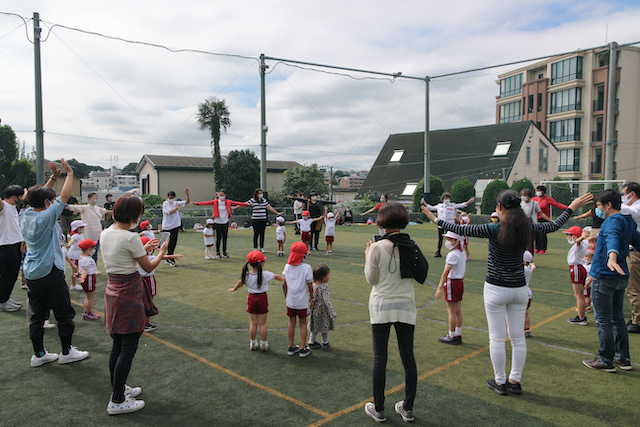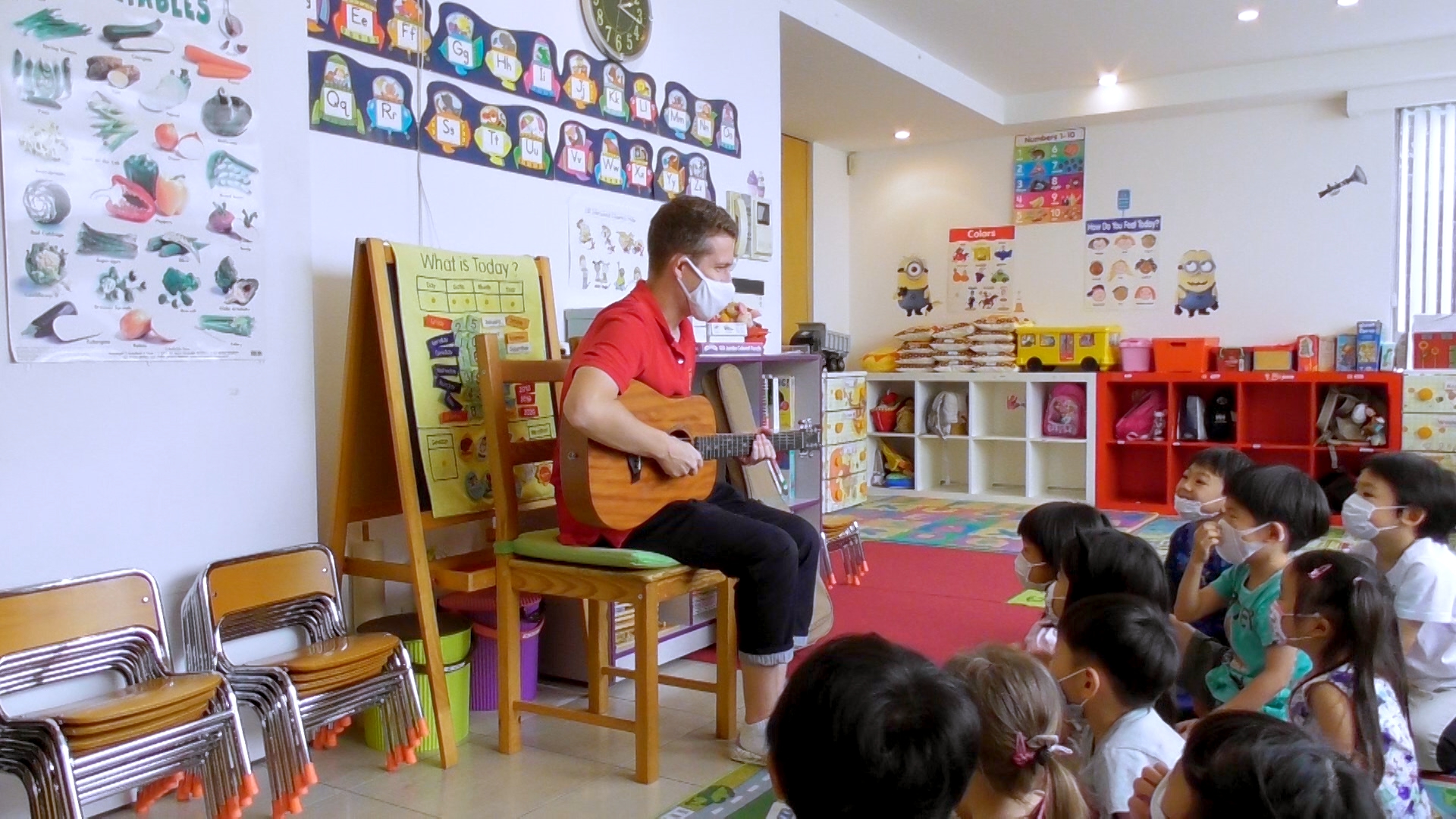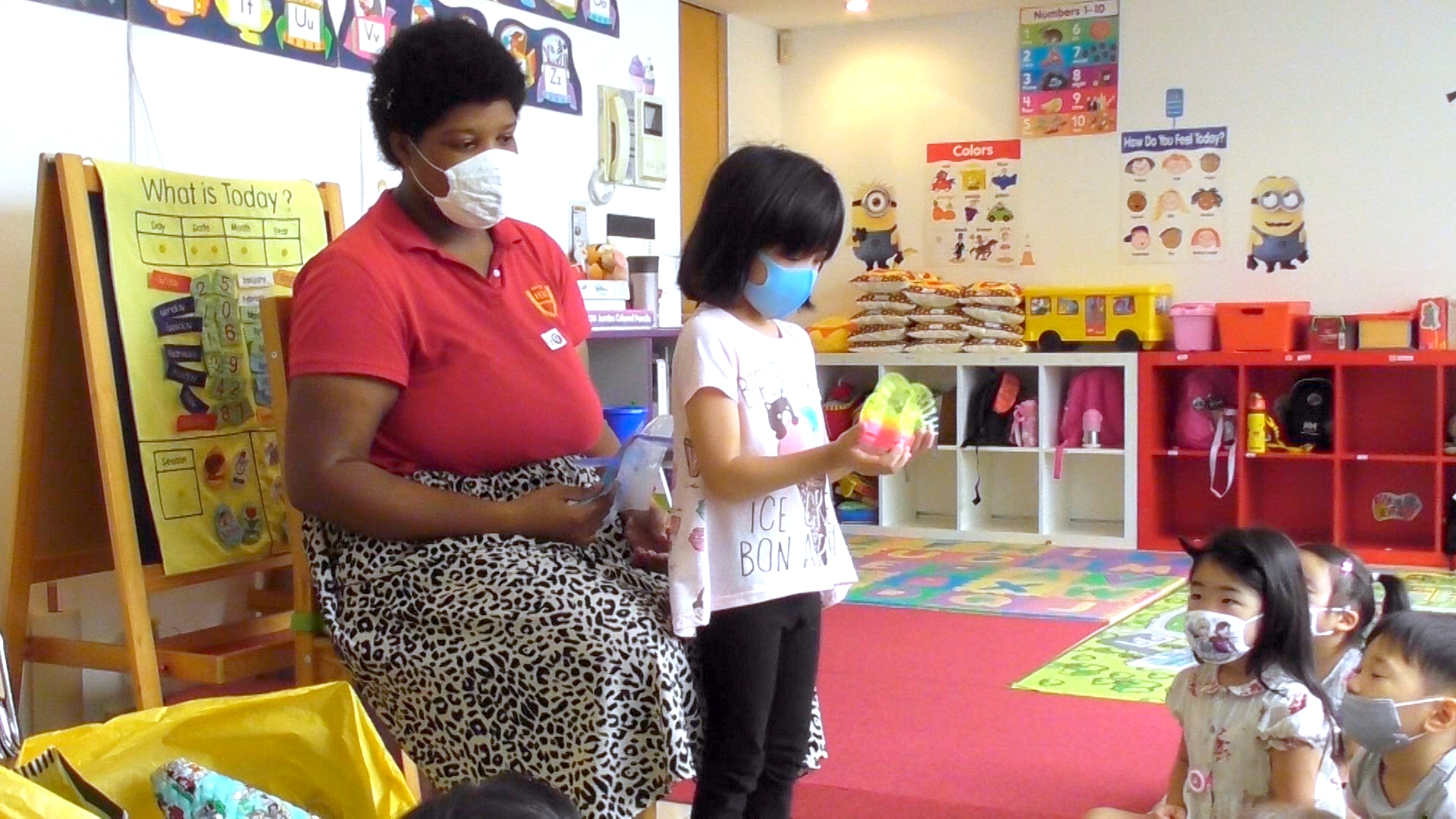A study in Psychological Science shows how conversation — the interplay between a parent or caregiver and a child — ignites the language centers in a child’s brain. It’s the first study to show a relationship between the words children hear at home and the growth of their neural processing capacities — showing, in effect, that how parents talk to their children changes children’s brains.
心理学の研究では、親や子どもの世話をする者と子供との相互作用(交流)である会話が、子供の脳内の言語中枢をどのように刺激するのかを示しています。 家庭で聞く言葉と神経の処理能力の成長との関係を示す最初の研究であり、実際には親が子供と話す。その話し方が子供の脳を変えることを示しています。
Don’t just talk to your child; talk with your child. The interaction, more than the number of words a child hears, creates measurable changes in the brain and sets the stage for strong literacy skills in school.
あなたの子供に話しかけないでください;子供と一緒に話をしてください。子どもが聞く言葉の数よりも、より多くの相互作用(交流)の方が、子どもの脳に測定可能(相当な)な変化をもたらし、学校生活での強力な識字(読み書き)能力のお膳立てをしてくれます。
What Parents and Early Educators Should Know
•From infancy, parents should look for chances to have conversations with their child — even if it’s just responding to coos or gurgles.
•Conversational interplay between caregiver and child is enough to transform the biology of kids’ brains. The quality of these exchanges is more important than the quantity of words children hear.
•Conversation drives literacy skills and cognitive development across all socioeconomic levels, regardless parents’ income or education. It’s a powerful, actionable, and simple tool for all parents to use.
親と早期教育者が知っておくべきこと
幼児期から、親は子供と会話をするチャンスを求めるべきです。たとえそれが(驚きの)ほう、へえ、とか嬉しそうにするなどの反応であったとしても。子どもの世話をする者と子供の間の会話的な相互作用(交流)は、子供の脳を生物学を変えるのに十分です。これらの交流の質の方が、子供が聞く言葉の量よりも重要です。
会話は、親の収入や教育程度にかかわらず、すべての社会経済的レベルで識字(読み書き)能力と認知発達を大きく促進していきます。 会話は、すべての保護者が使用すべき、強力で実用的で簡単なツール(道具/手段)なのです。
“Obviously, a ‘conversation’ looks very different with much younger children: with infants, it might be taking turns exchanging giggles or coos; with toddlers, it might be repeating and expanding their sentences; and with older children, it might be asking ‘who, what, where, and how’ questions. Either way, it seems to be the interaction that best supports children’s language skills and the underlying neural development.”
「明らかに、小さな子供たちとの『会話』は大きく異なって見えるでしょう。例えば、幼児との場合には、交替で笑い声や(驚きの)へえなどを交わすかもしれないし、よちよち歩きの幼児の場合は、子どもの言葉を反復して文章を広げていくかもしれないし、また大きな子供との場合は、「だれが、なにが、どのようになどの質問を尋ねるかもしれません。どの方法であれ、子供の言語能力と基本的な神経発達を最もよく支えていくのは相互作用(交流)であるように思われます。」
心理学の研究では、親や子どもの世話をする者と子供との相互作用(交流)である会話が、子供の脳内の言語中枢をどのように刺激するのかを示しています。 家庭で聞く言葉と神経の処理能力の成長との関係を示す最初の研究であり、実際には親が子供と話す。その話し方が子供の脳を変えることを示しています。
Don’t just talk to your child; talk with your child. The interaction, more than the number of words a child hears, creates measurable changes in the brain and sets the stage for strong literacy skills in school.
あなたの子供に話しかけないでください;子供と一緒に話をしてください。子どもが聞く言葉の数よりも、より多くの相互作用(交流)の方が、子どもの脳に測定可能(相当な)な変化をもたらし、学校生活での強力な識字(読み書き)能力のお膳立てをしてくれます。
What Parents and Early Educators Should Know
•From infancy, parents should look for chances to have conversations with their child — even if it’s just responding to coos or gurgles.
•Conversational interplay between caregiver and child is enough to transform the biology of kids’ brains. The quality of these exchanges is more important than the quantity of words children hear.
•Conversation drives literacy skills and cognitive development across all socioeconomic levels, regardless parents’ income or education. It’s a powerful, actionable, and simple tool for all parents to use.
親と早期教育者が知っておくべきこと
幼児期から、親は子供と会話をするチャンスを求めるべきです。たとえそれが(驚きの)ほう、へえ、とか嬉しそうにするなどの反応であったとしても。子どもの世話をする者と子供の間の会話的な相互作用(交流)は、子供の脳を生物学を変えるのに十分です。これらの交流の質の方が、子供が聞く言葉の量よりも重要です。
会話は、親の収入や教育程度にかかわらず、すべての社会経済的レベルで識字(読み書き)能力と認知発達を大きく促進していきます。 会話は、すべての保護者が使用すべき、強力で実用的で簡単なツール(道具/手段)なのです。
“Obviously, a ‘conversation’ looks very different with much younger children: with infants, it might be taking turns exchanging giggles or coos; with toddlers, it might be repeating and expanding their sentences; and with older children, it might be asking ‘who, what, where, and how’ questions. Either way, it seems to be the interaction that best supports children’s language skills and the underlying neural development.”
「明らかに、小さな子供たちとの『会話』は大きく異なって見えるでしょう。例えば、幼児との場合には、交替で笑い声や(驚きの)へえなどを交わすかもしれないし、よちよち歩きの幼児の場合は、子どもの言葉を反復して文章を広げていくかもしれないし、また大きな子供との場合は、「だれが、なにが、どのようになどの質問を尋ねるかもしれません。どの方法であれ、子供の言語能力と基本的な神経発達を最もよく支えていくのは相互作用(交流)であるように思われます。」






















































